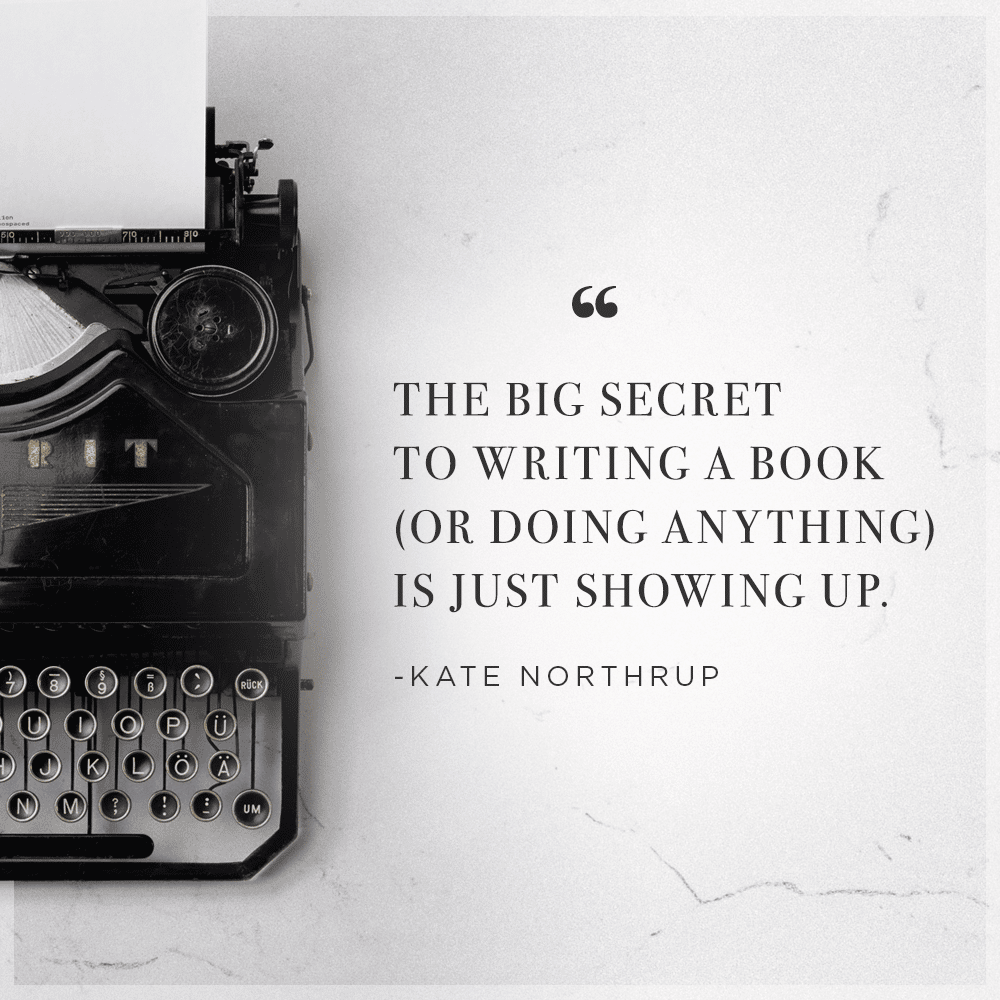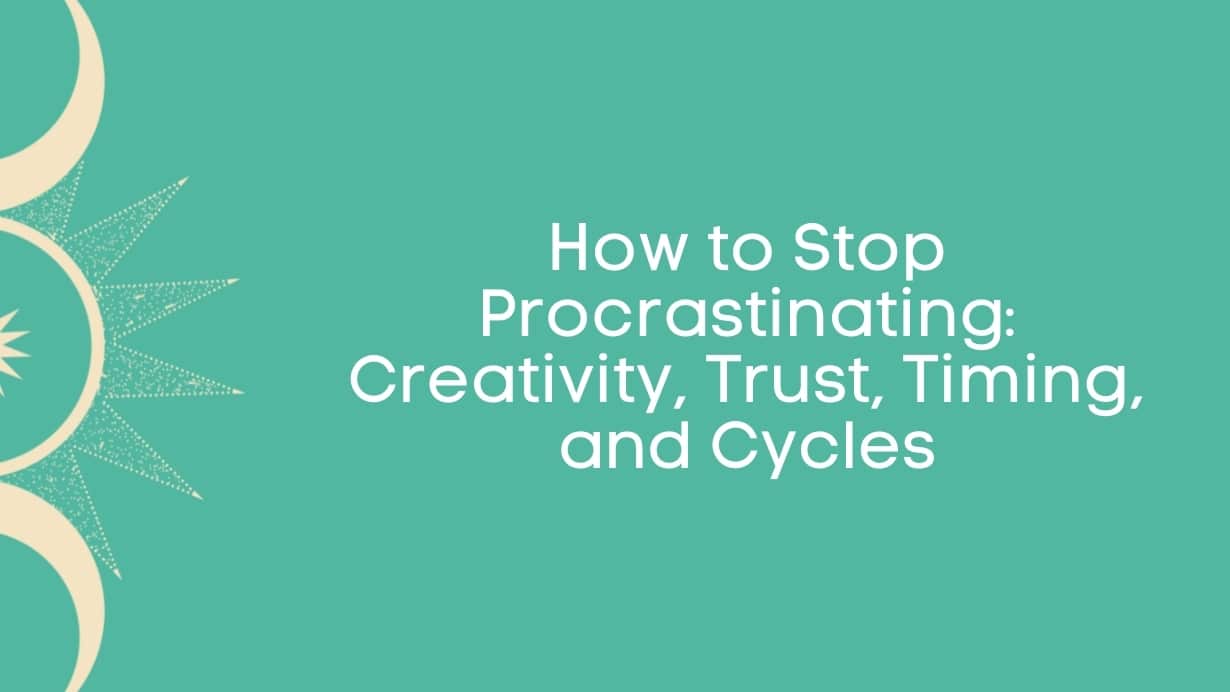
My second book is in process, and I’m so excited! (If you follow me on Instagram, especially if you watch my stories, you already know this.) It’s coming out January 15, 2019, and the working title is The Do Less Experiment: A Working Mother’s Guide to Sanity.
I turned in the manuscript this past Christmas Eve. I’d gone under contract for it in May of 2017, then changed what I wanted to write two times and submitted two new outlines with sample chapters, then finally settled on what it was going to be and got writing at the beginning of October 2017.
From start to finish I wrote the manuscript in two and a half months, putting in about an hour a day and missing only a few days of writing. (I wrote on weekends and weekdays.)
Because I documented the writing process on my Instagram stories, checking in before and after each writing session to update my word count, I’ve been getting a lot of questions from fellow writers or aspiring writers on how to fit writing a book into your daily routine, how to stay disciplined enough to get it done, and how to get it done efficiently.
I know plenty of writers who really marinate in their work and take years to complete a manuscript, and I have tremendous respect for them. These people are writing intricate novels with complicated characters and plot lines, memoirs that require peeling back layers and significant introspection, or research-based books that require, well, a lot of research.
So far my books are not any of these things, so I can get them done much more quickly because I essentially am reporting on my lived experience. (I wrote Money: A Love Story by sitting down from 8-9am each day for a month, so this second one actually took me two and a half times as long!)
I’ve culled 6 tips that contributed the most to my ability to efficiently write a book I’m proud of, and I want to share them with you because if you’ve got a book in you, I want to support you in getting your brilliance out into the world!
1. Have an outline.
Writing a general arc of the book ahead of time and making a list of chapters I want to write is key for me. When I start, I start at the beginning and I essentially go through sequentially from one chapter to the next. I certainly change the order of chapters and add and delete chapters as I go, but having something to follow ensures that each day when I sit down to write, I know where I’m going and facing the page is less daunting. It also keeps me on track so I’m not going off talking about things that aren’t relevant to this particular piece of work. My outline for this book had a list of chapters with a sentence or two after each chapter title describing what it was going to be about and sometimes making a note of a story I wanted to tell in the chapter.
2. Have a deadline.
One of the best ways to ensure you get something done is to have a deadline, ideally one that someone else is expecting you to meet and, perhaps even more ideally, some money on the line or something else behaviorally relevant. I knew the team at Hay House was expecting the manuscript on a certain day, and because I respect them and their time, I wanted to turn it in on time (and actually turned it in a week early.) I also value our relationship and didn’t want to sully it by being late. I’m an upholder (if you’ve read about Gretchen Rubin’s Four Tendencies you’ll know what I’m talking about), so not letting others down is a big motivator for me.
3. Get your butt in your chair.
The big secret to writing a book (or doing anything) is just showing up. ![]() That’s it. Getting your butt in your chair and writing. Putting pen to paper or fingers to keyboard and writing. There’s no other magical thing you can do other than show up that will get it done. If you show up enough days in a row, eventually you will have a book. It’s that easy and that hard.
That’s it. Getting your butt in your chair and writing. Putting pen to paper or fingers to keyboard and writing. There’s no other magical thing you can do other than show up that will get it done. If you show up enough days in a row, eventually you will have a book. It’s that easy and that hard.

4. Have a ritual.
Every day that I sat down to write, I recorded a quick Instagram story saying I was about to write, lit a candle, said the following prayer: “May I write what needs to be said,” put on the Peaceful Piano station on Spotify, opened my document, and got going. When I’d hit 1,000 words, written for an hour, or needed to stop writing because Penelope woke up or I was cooked, I recorded another quick Instagram story including how many words I’d written, how many more I needed to write to hit my total (70,000 is what my contract was for), and anything else about how writing went that day. Having a ritual kept me grounded and gave me something to do that I didn’t have to think about when I sat down to write. By the time I got to the part where I actually needed to write, I’d already done 5 habitual things and the words just flowed (most of the time).
5. Give yourself permission for it to suck.
You may have heard Anne Lamott talk about the “shitty first draft.” I adore her and this concept. Basically, when I sat down to write I didn’t put pressure on myself that what I wrote had to be brilliant. I didn’t even focus on it needing to be good. I gave myself permission for it to suck. Some days what I wrote sucked and I deleted it. But more days than not, the spaciousness that I gave myself when I checked perfectionism at the door actually opened the creative channel wider and allowed what came through to be even better than what might have if I was trying to make it good. It’s a paradox: the better you try to make it, the worse it is because you’re using sphincter energy to create. And creativity doesn’t come from sphincter energy. Creativity comes from freedom. So if you allow yourself to suck, you probably won’t.
6. Know that this isn’t about you.
An angel I met a few weeks before I started writing this book reminded me that writing this book wasn’t up to me. She reminded me that my job was to show up and that if I did, the book would be written through me. The relaxation I felt when she said this was profound, and I’m quite sure it’s why I got started so soon after and why the whole process was mostly joyful. (I hear so many writers talk about the anguish of the creative process, but I find it to be largely a pleasure.)
Know this: you have wisdom inside of you that needs to be shared. If you think you have a book in you, you do. The world is hungry for your insight, your story, and your particular way of seeing things.
Yes, someone has likely written a book on the same topic that you want to write a book about. But YOU have not. And therefore the canon is missing a book. And it’s yours.
May these steps help you get going, get it done, and complete the canon.
OVER TO YOU:
Which of the 6 tips speaks the most to you? How will you implement it in your own writing? Tell me in the comments – I’d love to hear from you!






42 comments